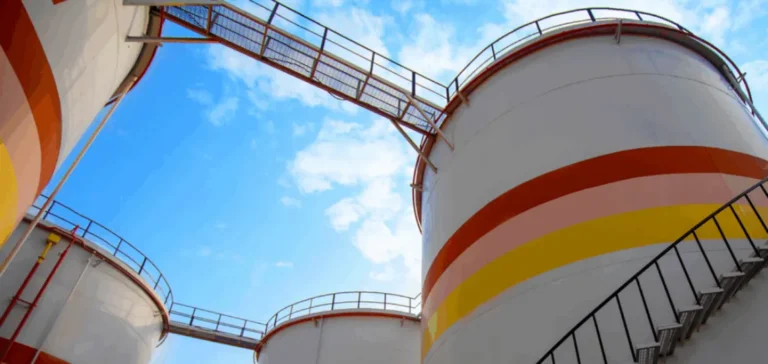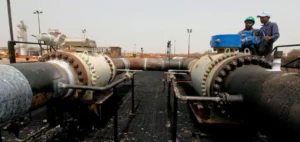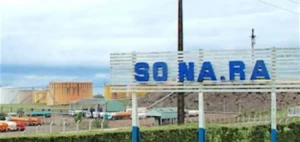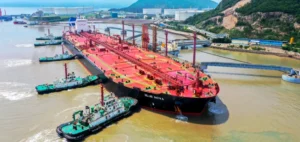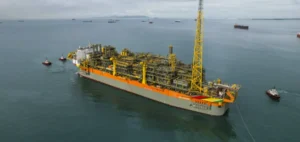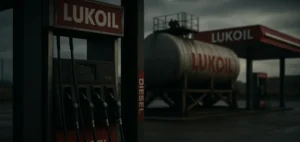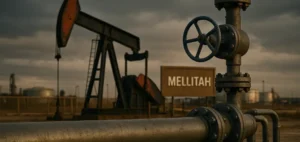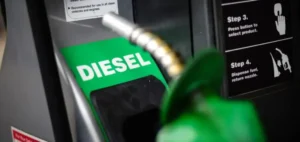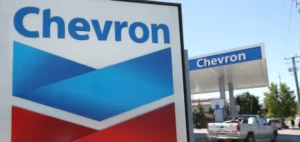Energy conglomerate Sahara Group has acquired seven new drilling rigs to expand its operations in Nigeria, with two already operational. This expansion is part of a broader strategy to scale up production to 350,000 barrels per day, according to local press reports on October 6. Achieving this level would place the company as the leading private oil producer in the country, surpassing existing operators.
Investment momentum to surpass local competitors
With this production target, Sahara Group would overtake Seplat Energy, which currently produces around 130,000 barrels of oil equivalent per day, followed by First E&P (57,000 barrels per day), Heirs Energies (50,000 barrels per day), and Oando PLC (37,000 barrels of oil equivalent per day). Nigeria remains dominated by international oil companies, with national production averaging 1.43 million barrels per day, according to data published in August by the Organisation of the Petroleum Exporting Countries (OPEC).
The newly acquired units will be operated by Arahas Global Oilfield Services, a Sahara subsidiary specialised in drilling services. The L-Buba platform is already operating on a gas field, and two more rigs are expected to start operations by the end of the year, according to Nigerian media.
Integrated model backed by operational expansion
Sahara Group is pursuing an integrated strategy combining exploration, production and infrastructure development to maximise locally generated value. With current production estimated at around 100,000 barrels per day, output could triple if the new capacities are fully developed. This positioning is designed to secure a greater share of the domestic market as several international majors continue to exit the Nigerian sector.
Operational constraints, including OPEC production quotas, remain a risk factor for the group’s expansion pace. Sahara’s ability to secure the necessary investment and maintain steady technical execution will be key to achieving its targets.
Local producers seek new growth levers
Since Seplat Energy acquired ExxonMobil’s former assets, the sector has been gradually reshaped in favour of Nigerian operators. This shift is supported by increased efforts to secure upstream resources through targeted investment in equipment and related services.
For Sahara Group, this initiative serves as a strategic lever to gain a long-term foothold in the country’s oil value chain. However, Nigeria’s economic and regulatory environment, along with industry-specific technical demands, could limit the speed at which these assets are deployed.


